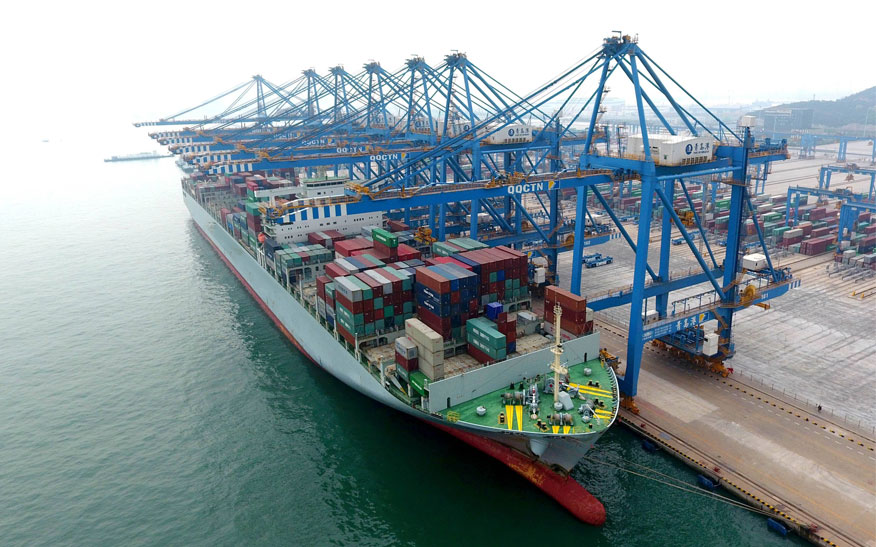Logistics activities and the logistics industry have existed in China since ancient times, but the concept of logistics emerged relatively late in China and was only introduced from abroad in the late 1970s. After the "Cultural Revolution", in order to restore the national economy, the country sent an inspection team to the United States, Japan and other countries. They learned Physical Distribution in the United States and "Logistics" in Japan. In China we collectively call it “logistics”. We believe that logistics refers to the flow of material entities from suppliers to demanders, including changes in the spatial location, time location and shape properties of materials.
In fact, compared with the logistics concepts of the United States and Japan, China's logistics concept is the most accurate and stable. Due to the superiority of Chinese character expression, the Chinese word "logistics" is both concise and precise, profound and easy to understand. While foreign logistics concepts have been confirmed one after another, China's logistics concept has never changed. Compared with many foreign logistics concepts, China's logistics concept is a better logistics concept. This can be understood from the following aspects:

China's logistics concept has broken industry boundaries from the beginning and established a logistics concept of universal significance that can be used in all walks of life. Because the "thing" in the word "logistics" generally refers to various items, which can be goods in the distribution field, workpieces and raw materials within the production company, or purchased equipment, raw materials, tools, etc. Items can be owned by non-manufacturing companies, rather than goods that were specifically distributed in the field of distribution in the United States and Japan. The word "flow" in China's concept of "logistics" includes the meaning of "changes in the nature of materials switching on and off." Activities that can change the nature of material switching are production and processing activities, including production and processing and circulation processing activities.
China's logistics concept captures the essence of the problem and is more accurate and profound. The concept of logistics is the physical flow of materials. Therefore, no matter what field the materials are in or what form the materials are in, as long as they meet this essence, they can be counted as logistics status. This is much more profound and precise than the disputes over foreign fields and specific logistics activities.
From the above discussion, we can see that China's logistics concept is indeed a better logistics concept compared to several foreign logistics concepts.






